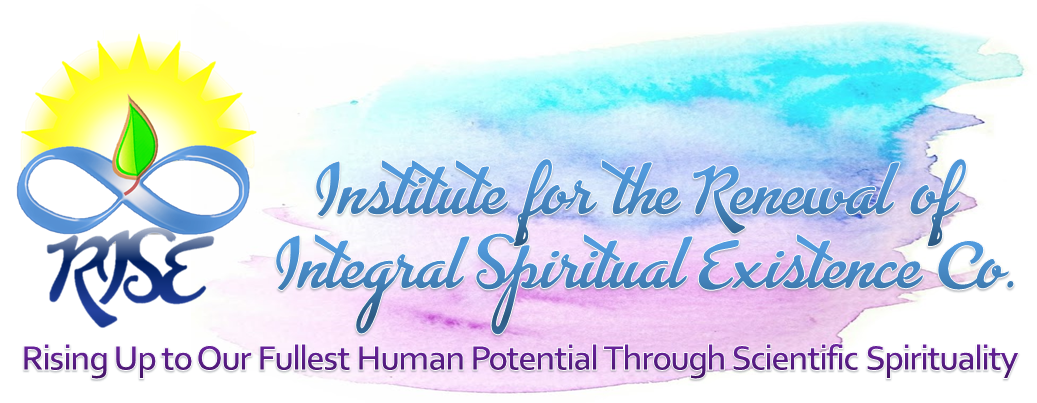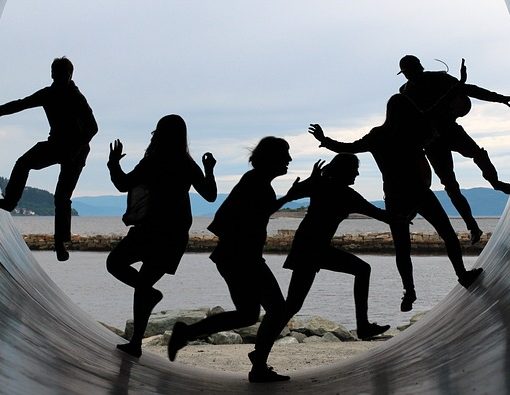The Inner Conditioning Workshop (ICW), started within SEA, is slowly but surely spreading across the country. Stories about the transformative impact of ICW among participants at all levels of society have started to inspire tens of thousands who now regularly visit the SEA website.
Here are a few examples of such stories: Kalma Self: From Chaos to Calm, Grateful Growth and this Rebirth and Discovery.
However, many other graduates struggle with this key question. We have monetary needs. We have security needs. We have family needs and many other needs. How can we truly pursue our spiritual development when we have all these earthly needs, plus we have to struggle with imperfections within ourselves?
Christ was very much aware of this struggle within human beings. He captured it with these words.
Someone said to Him, “Behold, Your mother and Your brothers are standing outside seeking to speak to You.: But Jesus answered the one who was telling Him and said, “Who is My mother and who are My brothers?” (Matthew 12:47-48)
He heightened this tension by saying: ”And stretching out His hand toward His disciples, He said, “Behold My mother and My brothers! For whoever does the will of My Father who is in heaven, he is My brother and sister and mother.” (Matthew 12:49-50)
In another passage, Christ gives a similar albeit stronger seemingly more aggressive message. “He who loves father or mother more than Me is not worthy of Me; and he who loves son or daughter more than Me is not worthy of Me. (Matthew 10:37)
Is Christ anti-family. Or is he pointing to a deeper Truth that we all urgently need to know and master.
Christ provides an answer to this human-all-too-human question. In Pilipino, one would say, “Sapagkat ako ay tao lamang” or “Because I am merely human” – therefore I am prone to prefer my family instead of following the Words of God. As mere humans, the Will of God is too abstract. But a crying baby in need of nourishing food is a reality that is in the face of our daily lives.
Christ advises us: “… take no thought, saying, What shall we eat? or, What shall we drink? or, Wherewithal shall we be clothed? (For after all these things do the Gentiles seek:)
for your heavenly Father knoweth that ye have need of all these things. But seek ye first the kingdom of God, and his righteousness; and all these things shall be added unto you. (Matthew 6:32-33) (Emphases added.)
Christ then explains why such an attitude to life is only too obvious if one truly believes in the Providence of God. “Or what man is there of you, whom if his son ask bread, will he give him a stone? Or if he ask a fish, will he give him a serpent? If ye then, being evil, know how to give good gifts unto your children, how much more shall your Father which is in heaven give good things to them that ask him? (Matthew 7:9-11)
Christ is teaching us to transcend our fixation on earthly and often materialistic obsessions with physical needs. In the end, as we transcend to higher aspirations to be in alignment with God, then, at the same time, God also includes and ensures that our daily needs are met to enable us to truly serve His Will here on earth. This is the answer to the seeming contradiction above.
This is the context of truly appreciation the “Our Father”, the most important prayer that Christ encouraged us to pray on a regular basis. Here are the words approximately,[1]
Our Father,
Who art in Heaven,
Hallowed be Thy Name,
Thy Kingdom come,
Thy Will be done,
On earth as it is in Heaven.
Give us this day.
Our daily bread.
And forgive us our trespasses,
As we forgive those who trespass against us.
Let us not succumb into temptation,
But deliver us from Evil,
Amen.
The first part of the Our Father is equivalent to the advice of Christ: “. . . seek ye first the kingdom of God, and his righteousness”. The second part of the Our Fatheris about how all one’s needs will be met by God for all those who truly follow His Will. This is the meaning of the second part of the advice of Christ: “and all these things shall be added unto you.”
In effect, the Our Father is the expanded version of Christ’s guidance for humanity. “. . . seek ye first the kingdom of God, and his righteousness; and all these things shall be added unto you.”
We all have our worries and anxieties about our needs in life. This disturbs our inner peace and disposition. Our inner condition starts to deteriorate. However, if we truly understand the Our Father, then we have a powerful mindset in life that will allow us to weather and stand strong amidst whatever stormy winds and typhoons may beset our lives. God is always there, ready to help us with all our needs as long as we are consistent in following His Will in our lives.
God cannot help us with our needs if we have a narrow view of who really are. We cannot discern how God is actually working and helping in our lives.
We are not our mere conditioning, our mere constructed and programmed self. Following this program, oblivious to our higher purpose leads us nowhere, but only to further confusion and despair in life.
Yes, we have physical needs. But our true nature is spiritual. Thus we also have spiritual needs. If these are not met, we will never be truly happy even if we meet our physical needs. For what is the worth of our life if, in the end, we live a purposeless and empty life, a temporary flicker of mere existence in what will become a lonely meaningless planet for us. Why live for a passing, fleeting, confusing moment when we can live an eternity of joyful existence.
We will go deeper into this topic in a follow-up article that will bring us straight to the connection of the Our Father with the temptation of Christ in the desert. We will also then understand how to deal with the many temptations that encumber our lives as we seek to be more fully human and realize our Spiritual Self.
[1] This is a simple version of the Our Father. In further articles elaborating the Our Father, we will look increasingly at the deep and sophisticated nature of this prayer. Enough it is to say for now that, I have used “Let us not succumb into temptation” instead of the usual phrase, “Do not lead us into temptation”. The latter is a very inaccurate translation, implying that God leads His followers into temptation. That is not the nature of God, but the Devil. Tempting humans to sin is the main preoccupation of the Devil.





